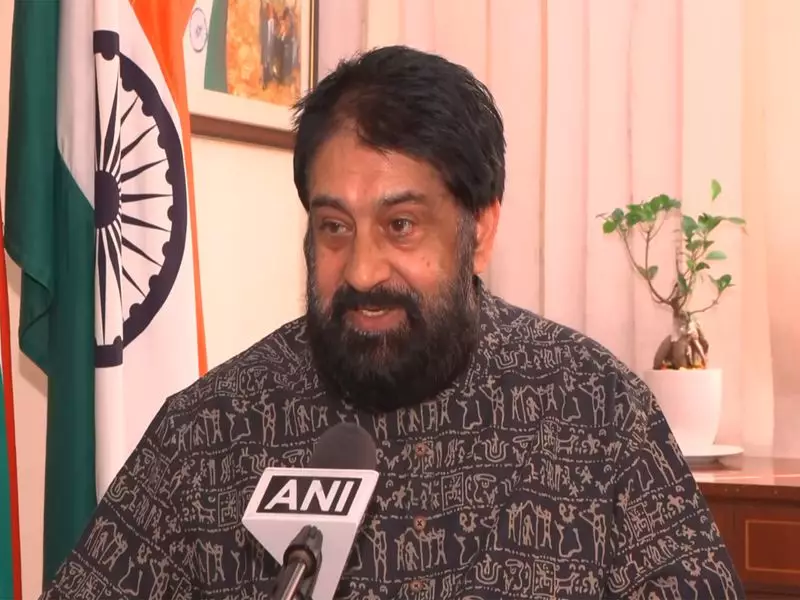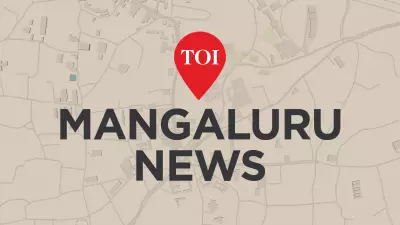
South Africa's High Commissioner to India has issued a stark warning about the implications of a recent Delhi court decision regarding a 2022 terror blast case, describing it as sending a "very bleak message" to the global community about India's commitment to fighting terrorism.
Diplomatic Concerns Over Court Verdict
In a strongly worded statement, South African High Commissioner Joel Sibusiso Ndebele expressed deep concern over the Delhi court's ruling that involved suspects connected to the 2022 terror blast in the national capital. The envoy emphasized that this legal decision could have far-reaching consequences for how the international community perceives India's counter-terrorism efforts.
The court's verdict has raised eyebrows in diplomatic circles, with many questioning whether it aligns with India's stated commitment to combating terrorism globally. Ambassador Ndebele highlighted that such judicial outcomes could potentially undermine international cooperation in fighting cross-border terrorism.
Details of the Controversial Case
The case centers around the 2022 terror blast that occurred in Delhi, which had initially been investigated as a serious threat to national security. The court's recent decision regarding the suspects has sparked controversy among counter-terrorism experts and diplomatic observers alike.
According to sources familiar with the matter, the legal proceedings and subsequent verdict have created unease among several foreign missions stationed in New Delhi. The South African envoy's comments represent the first public expression of this growing concern within the diplomatic community.
Ambassador Ndebele specifically pointed out that the court's ruling appears to contradict the strong anti-terrorism stance that India has consistently projected on international platforms, including at the United Nations and various global forums.
International Implications and Reactions
The envoy's remarks come at a time when international cooperation in counter-terrorism efforts is considered crucial. Many nations have been working closely with India on intelligence sharing and joint operations against terrorist networks.
This development could potentially impact future collaborations between India and other countries in combating terrorism. The South African diplomat's statement suggests that some nations may reconsider the extent of their cooperation if judicial decisions appear to weaken the fight against terrorism.
The envoy emphasized that consistent and robust legal action against terrorism suspects is essential for maintaining international confidence in a country's counter-terrorism framework. He noted that ambiguous or lenient judicial outcomes could be interpreted as sending mixed signals about a nation's commitment to eradicating terrorism.
Several other diplomatic sources have indicated that the South African envoy's concerns are shared by representatives from other nations, though they have yet to make public statements on the matter. The international community is closely monitoring how India handles such sensitive cases moving forward.
The timing of this diplomatic criticism is particularly significant given the increasing global focus on counter-terrorism cooperation. Many countries are reevaluating their security partnerships in light of recent international developments and shifting geopolitical dynamics.
As the situation develops, observers are watching to see how the Indian government responds to these diplomatic concerns and whether any adjustments will be made to ensure that judicial processes align with the country's stated counter-terrorism objectives.





